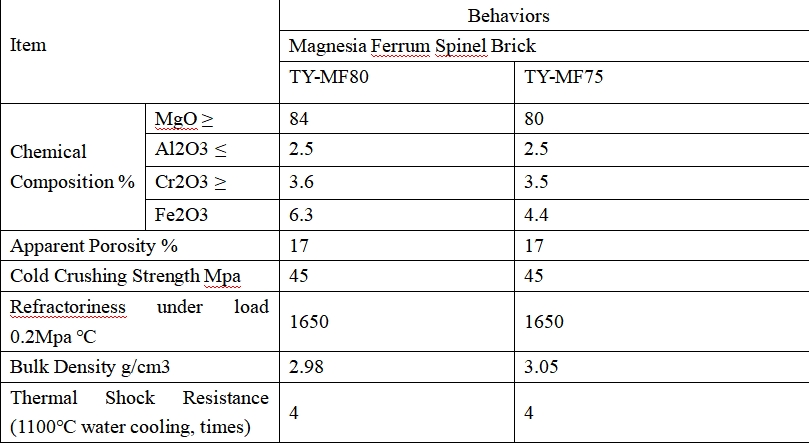
As the global industrial sector continues to evolve, the demand for high-performance refractory materials has never been higher. In the field of kiln repair, traditional materials often struggle with thermal shock resistance, expansion control, and chemical corrosion. This article explores the application of zero expansion silica bricks—crafted primarily from fused quartz—and their proven advantages in enhancing repair efficiency, ensuring operational stability, and extending kiln lifespan.
In modern kiln operations, especially in glass furnaces and coke ovens, thermal stress is a major concern. Conventional refractory materials such as fireclay bricks and magnesia bricks typically exhibit significant thermal expansion, leading to cracks, spalling, and reduced service life. According to industry reports, over 40% of kiln failures are attributed to improper thermal management during repairs.
Moreover, traditional materials often lack sufficient acid resistance, making them unsuitable for environments where acidic gases are prevalent. These limitations not only increase maintenance costs but also reduce overall production efficiency.
Zero expansion silica bricks are designed to overcome these challenges through advanced material engineering. The primary component is fused quartz, which provides an ultra-low coefficient of thermal expansion (CTE) of less than 0.0001 per °C. This unique property ensures minimal dimensional change under extreme temperature fluctuations, significantly reducing the risk of structural failure.
Scientific testing has shown that zero expansion silica bricks maintain compressive strength above 120 MPa at 1200°C, outperforming conventional refractories by up to 30%. Additionally, their low porosity and high density contribute to excellent resistance against acid corrosion, making them ideal for harsh industrial environments.

Case studies from multiple industrial sites highlight the effectiveness of zero expansion silica bricks in both glass furnace and coke oven repairs. For instance, a glass manufacturing plant in Southeast Asia reported a 60% reduction in repair time after switching to this material. The absence of expansion joints not only simplified installation but also improved long-term performance.
In another example, a coke oven operator in Europe observed a 25% increase in kiln lifespan following the use of zero expansion silica bricks. The material’s ability to withstand repeated thermal cycling without degradation was a key factor in this success.
A detailed comparison between zero expansion silica bricks and conventional refractories reveals clear advantages:
| Feature | Zero Expansion Silica Bricks | Traditional Refractories |
|---|---|---|
| Thermal Expansion Coefficient | <0.0001/°C | 0.0005–0.001/°C |
| Compressive Strength (at 1200°C) | 120+ MPa | 80–100 MPa |
| Acid Resistance | Excellent | Moderate |

Industry professionals have consistently praised the performance of zero expansion silica bricks. One client from North America stated, “Since we started using these bricks, our kiln downtime has dropped significantly, and the quality of our products has improved.” Another user from South Korea noted, “The material’s durability and ease of installation make it a top choice for our repair projects.”
These testimonials reflect the growing recognition of zero expansion silica bricks as a reliable solution for modern kiln repair needs.
With its exceptional thermal shock resistance, ultra-low expansion, and superior acid resistance, zero expansion silica bricks offer a high-performance alternative to traditional refractories. Their successful application in real-world scenarios underscores their value in improving repair efficiency, operational stability, and equipment longevity.
For manufacturers seeking to optimize their kiln repair processes, zero expansion silica bricks represent a forward-thinking investment. Discover how this advanced material can transform your operations today.
Explore Our Zero Expansion Silica Bricks Now.jpg)

